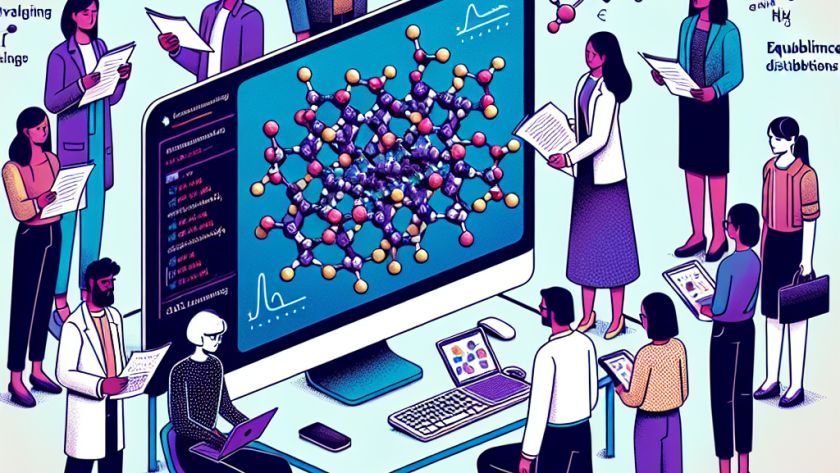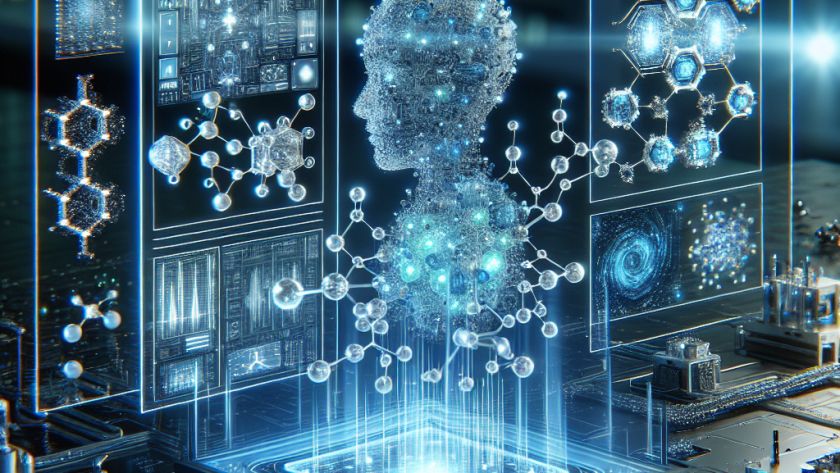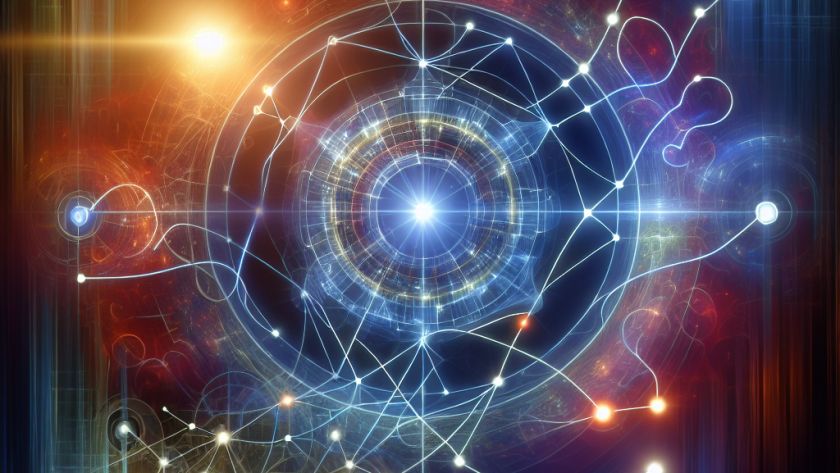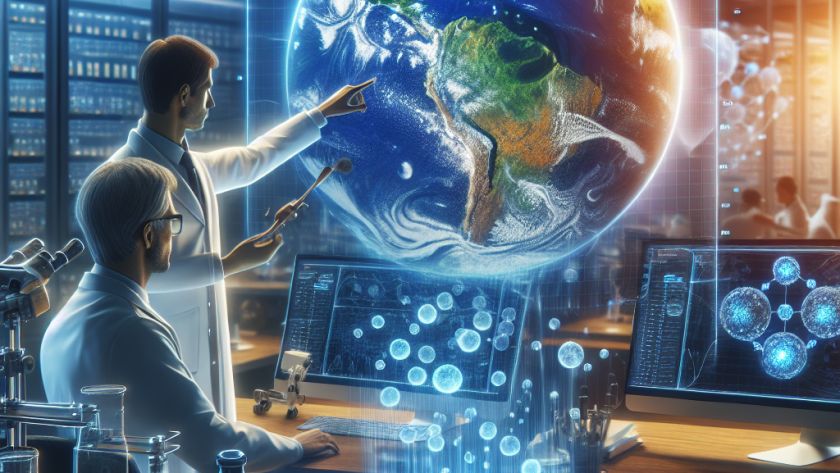


Data drift is a phenomena that impacts any AI model in current operation. It is essentially a change in the features distribution an AI model receives while it's in production, thereby leading to a decline in the model's performance. A visible impact in imaging AI, for instance, could be an algorithm becoming less reliable at…



The application of Generative AI into real-world situations has been deterred by its slow inference speed. The term inference speed refers to the time taken by the AI model to generate an output after being given a prompt or input. Generative AI models, as they are required to create text, images, and other outputs, need…

Computational biology, an essential field that merges biological research and computer science, has been focusing intently on predicting biomolecular structures. The ability to predict such structures accurately can have immense implications in understanding cellular functions and developing new medical therapies. Despite the complex nature of this discipline, it is instrumental in studying proteins, nucleic acids,…
Physics, often perceived as an abstract and challenging field, covers fundamental aspects of the universe which can intimidate learners due to intricate mathematical formulations. To make physics more relatable, the field of Visual Intuitive Physics seeks to transform these complexities into accessible visual experiences through the use of visual aids and intuitive methodologies.
Visualization in physics…

Generic transport equations, which consist of time-dependent partial differential equations (PDEs), model the movement of extensive properties like mass, momentum, and energy in physical systems. Originating from conservation laws, such equations shed light on a range of physical phenomena, extending from mass diffusion to Navier-Stokes equations. In science and engineering fields, these PDEs can be…

Multi-layer perceptrons (MLPs), also known as fully-connected feedforward neural networks, are foundational models in deep learning. They are used to approximate nonlinear functions and despite their significance, they have a few drawbacks. One of the limitations is that in applications like transformers, MLPs tend to control parameters and they lack interpretability compared to attention layers.…


As global biodiversity decreases, with the 29% decline in wild bird populations in North America since 1970 offering a vivid example, effective monitoring systems are increasingly important. Birds are important indicators of environmental health, and information about bird species presence and behavior provides crucial data about overall biodiversity.
A cost-effective way that has been gaining momentum…

Researchers at Massachusetts Institute of Technology (MIT) are seeking to leverage deep learning technology to provide a more detailed and accurate understanding of Earth's planetary boundary layer (PBL). The definition and structure of the PBL are pivotal to improving weather forecasting, climate projections, and issues such as drought conditions.
The PBL is the lowest part of…
